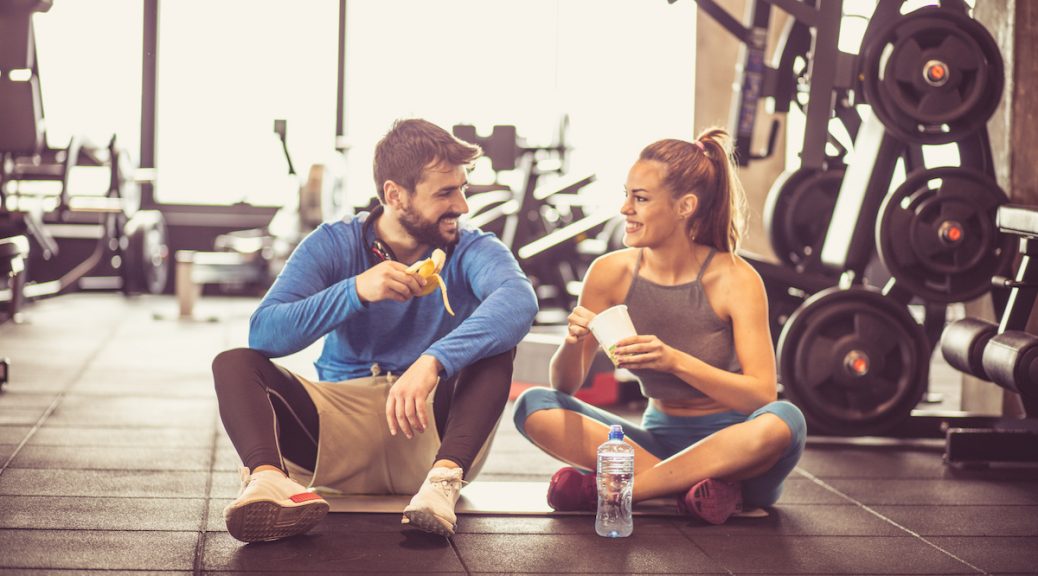For athletes, injuries are always a concern. There are many ways to prevent this, but it can seem overwhelming to keep yourself healthy. Focusing on sports nutrition can be an effective way to make it less likely that an injury occurs.
Learning More About Sports Nutrition
Looking at sports nutrition analytically gives athletes the chance to see the direct correlation between the food they consume and their injury prevention. Focusing on linking strength, endurance, recovery, hydration to an athlete’s sports nutrition can be an excellent way to proactively prevent injury.
Strength
When focusing on sports nutrition, it is important to see how various foods fit into the aspects of an athletes’ routine. Strength is a key component to preventing injury. To match strength, athletes must take in foods that support this growth.
Protein is one of the main sources of fuel for an athlete. It acts as a way for your body to build new tissue and fluids. There are many ways to get protein into your diet.
- Poultry
- Meat
- Fish
- Nuts
- Beans
- Various dairy products
Once an athlete is able to grow their strength, their bodies will be able to support the activities and protect the muscle. The protein intake allows athletes to build this muscle. Incorporating protein into their sports nutrition is a proactive way to protect your body through strength.
Endurance
Endurance is important to an athlete’s ability to maintain their efforts throughout their performance. When athletes pay attention to the food that enters their body, they can work to incorporate ones that help maintain their stamina.
Carbohydrates can contribute to this extended endurance. OrthoInfo explains the importance of carbohydrates in how the body converts sugars and starches into energy. This provides endurance and power for the high-intensity activities athletes perform.
Carbohydrates can be found in many foods that athletes have access to.
- Fruits
- Vegetables
- Pasta
- Bread
- Cereal
- Rice
By consuming carbohydrates, an athlete is able to enhance their endurance to prevent injury during physical activity. Preventative measures can mean equipping the body for its best performance to avoid fatigue that leads to an athlete injuring themselves.
Recovery
While it is not a direct action of an athlete, recovery and what is consumed during that time prepares the athlete for their next activity. It is just as important for what happens at rest as what happens in motion.
The Orthopedic and Sports Medicine Institute discusses the way post-workout recovery meals are the time when your body is repairing your muscles and building new ones. During this time, your eating should be focused on the following aspects: carbohydrates and protein. Just as they are important to strength and endurance, those two fuel sources can aid the recovery process as well. An important factor of recovery meals is paying attention to the energy exerted during a performance to ensure the foods the athlete consumes matches that to replenish.
Hydration
Hydration is one of the most important aspects of sports nutrition. Loss of water through physical activity creates muscle tension. While that is not a direct injury, it can cause your body to be prone to muscle strains, tears, and even bone fractures. Dehydration can also lead to heat exhaustion. With dizziness, fatigue, and headaches, an athlete may experience an injury as a result.
The possible results of dehydration make water and other hydrating products essential for athletes in their sports nutrition. While there are many sources of hydration, water is always considered the best option. Athletes can lose up to three quarts of water per hour. Everyone should consume at least two quarts of water per day, and athletes need even more than that.
How to Stay Hydrated:
- Drink water in small amounts frequently during the times in between physical activity, not just when it is going on.
- Pay attention to how your body feels throughout the physical activity.
- Rehydrate after physical activity.
The life of an athlete means constantly working towards injury prevention. Sports nutrition is an essential part of this process. Are you looking to prevent injury with sports nutrition? At Paris Orthopedics and Sports Medicine, we are here to answer any questions you may have. Check out our website or contact us at (903) 737-0000.



